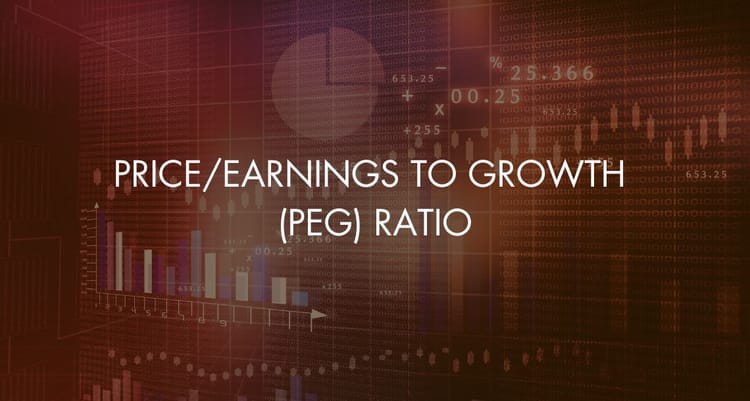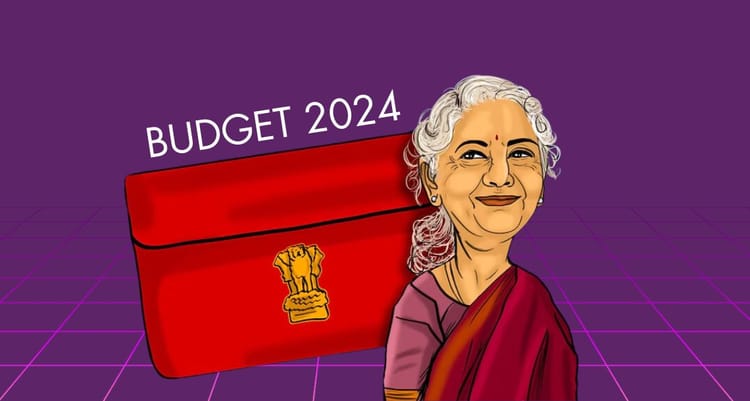Turning Dreams into Reality: A Practical Guide to Retiring in Your 40s

Dreaming of an early retirement? Imagine waking up every day without the alarm clock's nagging, free to pursue your passions. Early retirement may seem like a distant fantasy, but with the right steps, it can be your reality. Let's dive into the blueprint for bidding farewell to the 9-to-5 grind and saying hello to financial freedom.
Define Your Vision:
Begin by envisioning your retired life. What does it look like? Where do you want to live, and what activities make you happy? Clearly defining your goals sets the foundation for your financial plan.
Calculate Your FIRE Number:
FIRE stands for Financial Independence, Retire Early. Calculate the amount you need to sustain your desired lifestyle without depending on a pay check. This is your FIRE number, and it's the target you're aiming for.
Trim the Excess:
Evaluate your current expenses and identify areas to cut back. Do you really need that daily coffee shop run? Small sacrifices today can contribute significantly to your retirement fund tomorrow.
Build Multiple Income Streams:
Relying solely on a traditional job might not get you to early retirement. Explore side hustles, investments, or passive income streams. Diversify your sources of income to speed up your journey to financial independence.
Maximize Savings and Investments:
Aim to save a significant portion of your income. Take advantage of tax-advantaged accounts, like 401(k)s and IRAs. Invest wisely to make your money work for you. Compound interest is your best friend on this journey.
Debt-Free Living:
Carrying unnecessary debt can be a roadblock to early retirement. Prioritize paying off high-interest debts to free up more money for savings and investments.
Emergency Fund:
Build a robust emergency fund to cover unexpected expenses. Having this safety net ensures that you won't have to dip into your long-term savings during challenging times.
Continuous Learning:
Stay informed about personal finance, investment strategies, and market trends. Continuous learning equips you with the knowledge to make informed decisions and adapt to changing economic landscapes.
Regularly Review and Adjust:
Your financial plan isn't set in stone. Regularly review your goals, expenses, and investments. Adjust your strategy as needed to stay on track.
Celebrate Milestones:
Acknowledge and celebrate your achievements along the way. Milestones, no matter how small, are stepping stones toward your early retirement goal.
Achieving early retirement requires dedication, strategic planning, and the willingness to make lifestyle adjustments. It's not about deprivation; it's about intentional choices that align with your vision for the future. So, are you ready to take the leap towards retiring in your 40s? The journey begins now.
Frequently Asked Questions (FAQ)
1. What is the first step towards planning early retirement?
The first step is to define your vision for retired life. Understand what your ideal retirement looks like, including where you want to live, what activities you'll pursue, and your overall lifestyle. This will set the foundation for your financial planning.
2. What is the FIRE number?
The FIRE number stands for Financial Independence, Retire Early. It’s the amount of money you need to sustain your desired lifestyle without relying on a paycheck. Calculating this number helps you set a clear target for your savings and investments.
3. How can I trim my expenses to save more for early retirement?
Evaluate your current expenses and identify areas where you can cut back. Small sacrifices, like reducing coffee shop runs or dining out less often, can significantly contribute to your retirement fund over time.
4. Why should I build multiple income streams?
Relying solely on a traditional job may not be enough to achieve early retirement. Building multiple income streams, such as side hustles, investments, or passive income sources, diversifies your earnings and accelerates your journey to financial independence.
5. How much should I save and invest?
Aim to save a significant portion of your income. Take advantage of tax-advantaged accounts like 401(k)s and IRAs. Invest wisely to benefit from compound interest, which helps your money grow over time.
6. Why is it important to live debt-free for early retirement?
Unnecessary debt, especially high-interest debt, can be a major roadblock to early retirement. Prioritize paying off debts to free up more money for savings and investments, thus enhancing your financial freedom.
7. How large should my emergency fund be?
Your emergency fund should be robust enough to cover unexpected expenses, ideally three to six months' worth of living expenses. This safety net ensures you won’t need to dip into your long-term savings during challenging times.
8. How can continuous learning help in achieving early retirement?
Staying informed about personal finance, investment strategies, and market trends equips you with the knowledge to make informed decisions and adapt to changing economic landscapes, helping you stay on track for early retirement.
9. How often should I review and adjust my financial plan?
Regularly review your financial goals, expenses, and investments. Adjust your strategy as needed to stay aligned with your early retirement goals. It's essential to remain flexible and responsive to changes in your financial situation or the market.
10. Why is it important to celebrate milestones on the way to early retirement?
Celebrating milestones, no matter how small, keeps you motivated and acknowledges your progress. Recognizing your achievements helps maintain momentum and reinforces your commitment to your early retirement goals.
11. Is early retirement only about cutting expenses and saving money?
No, early retirement is not about deprivation. It’s about making intentional choices that align with your vision for the future. It involves strategic planning, investing wisely, and building a lifestyle that supports your long-term goals.
12. How can I start planning for early retirement today?
Start by defining your vision for retirement and calculating your FIRE number. Evaluate your expenses and find ways to save more. Build multiple income streams, prioritize debt-free living, and invest wisely. Establish an emergency fund and commit to continuous learning and regular financial reviews.






Member discussion